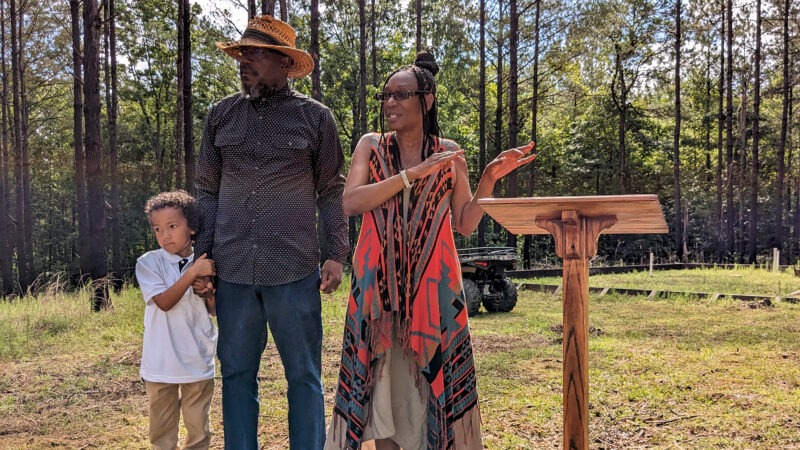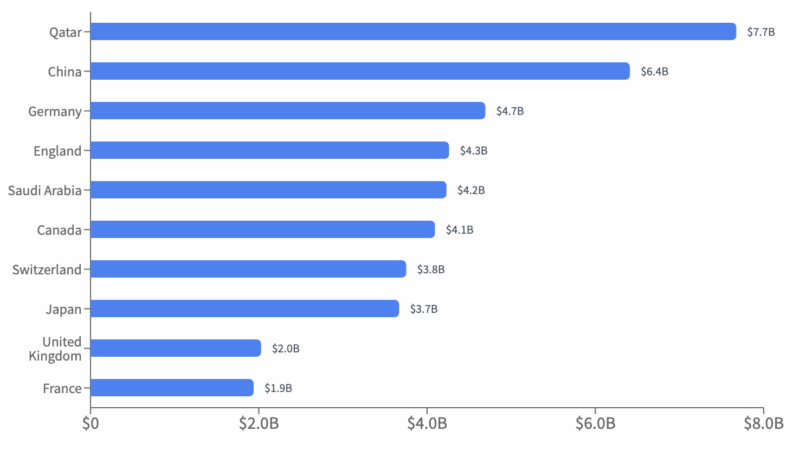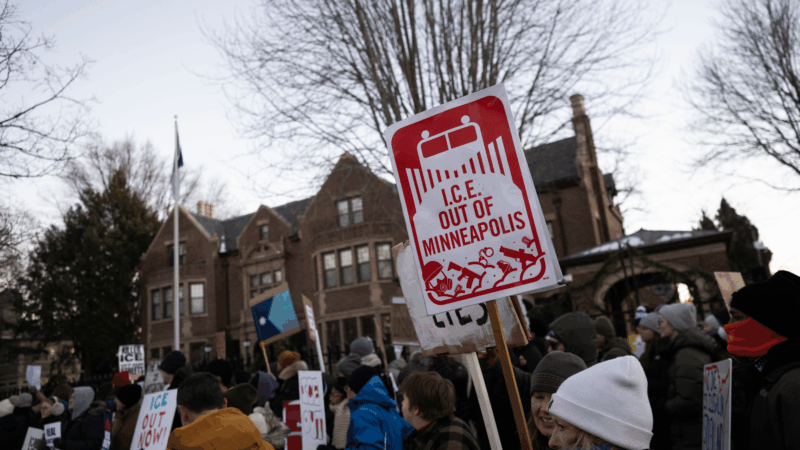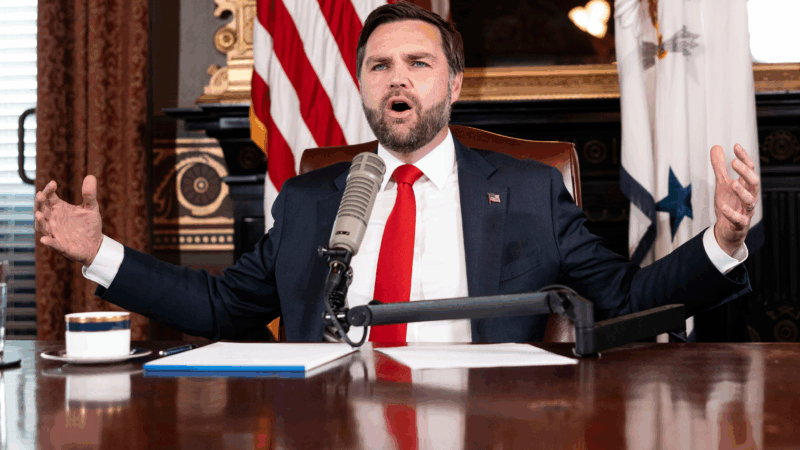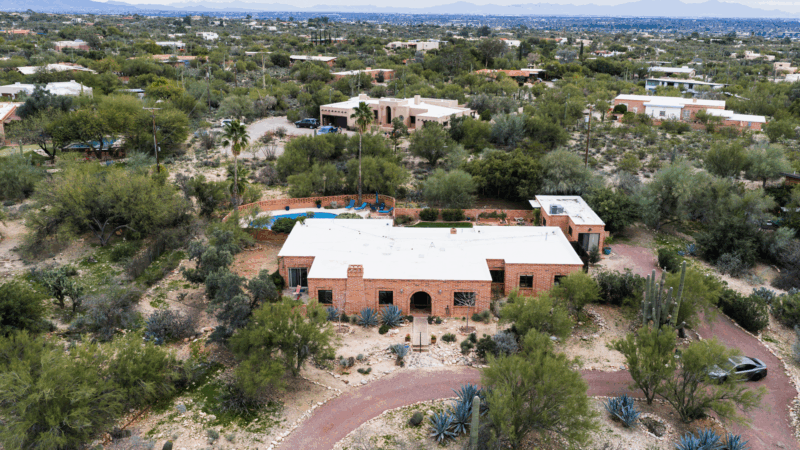Deadline approaches for USDA loan discrimination funds for underserved farmers
Kevin Springs stands between his wife, Teresa Ervin-Springs, and his grandson at their farm, TKO Farms, on June 19, 2023, in McCool, Mississippi. The couple has broken ground on a future training center on their farm to preserve ancestral Black farming knowledge.
The deadline for financial assistance for farmers who’ve faced discrimination when applying for United States Department of Agriculture (USDA) farm loans comes Saturday, January 13.
Known as the Discrimination Financial Assistance Program (DFAP), $2.2 billion in funding is available as part of the Inflation Reduction Act, a federal law passed in 2022. USDA started accepting applications for the program in July.
Five local offices in Alabama, Mississippi and Louisiana were created to help people apply. The last week of accepting applications has been busy with trying to meet the deadline, said Howard Gunn Jr, an agriculture consultant with Ag-Grow Consultants who’s been hands-on in Mississippi.
“It has been a whirlwind. [There’s] so much need out there, and I know it won’t cover all the needs of the people,” Gunn said.
The program is just one effort to acknowledge decades of discrimination during the loan process for women and minority groups. Black women, in particular, experienced a lot of barriers in getting this kind of funding, Gunn said. This is because they are at the intersection of racial and gender discrimination, according to One Earth, a nonprofit focused on climate action.
Even with this type of historic investment, advocates believe more needs to be done to address the systemic issues Black farmers face when trying to access USDA funds. DFAP is a step in the right direction, Gunn said, but “it can never pay back what was lost when it comes to farmland and the opportunity to farm.”
“On many instances, you look at the economic loss that occurred from the 70s or in the 80s,” Gunn said. “Had I received the funding that I went in requesting, how far would I have been?”
For some, the aid has come too late. Some farmers who deserve the funds have already died. But Gunn said people like him are signing up as many people as they can.
“This is a help. I don’t know if anything else will ever come this way in this fashion, but it’s here, and we are doing our best to put the word out,” Gunn said.
This story was produced by the Gulf States Newsroom, a collaboration between Mississippi Public Broadcasting, WBHM in Alabama, WWNO and WRKF in Louisiana and NPR.
Jordan Stolz opens his bid for 4 golds by winning the 1,000 meters in speedskating
Stolz received his gold for winning the men's 1,000 meters at the Milan Cortina Games in an Olympic-record time thanks to a blistering closing stretch. Now Stolz will hope to add to his collection of trophies.
US Colleges received more than $5 billion in foreign gifts, contracts in 2025
New data from the U.S. Education Department show the extent of international gifts and contracts to colleges and universities.
On his long-awaited ‘Fall-Off,’ J. Cole returns a new man, old man and everyman
After dropping out of modern rap's defining conflict, the Fayetteville MC contemplates the making and breaking of a legacy.
Swing voters in Arizona say they want to see ICE reformed
Concerns about the tactics of federal immigration agents remain front of mind for some key voters who supported President Trump in 2024.
Free speech lawsuits mount after Charlie Kirk assassination
Months after the killing of Charlie Kirk, a growing number of lawsuits by people claim they were illegally punished, fired and even arrested for making negative comments about Kirk.
How the FBI might have gotten inaccessible camera footage from Nancy Guthrie’s house
Last week, law enforcement said video footage from Nancy Guthrie's doorbell camera was overwritten. But the FBI has since released footage as Guthrie still has not been found.

